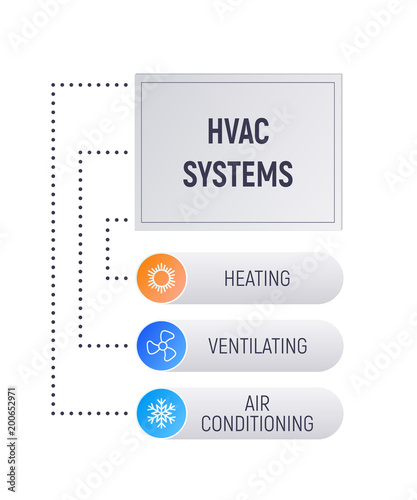Understanding The Results Of Weather On Heatpump Functionality And Exactly How To Minimize Them
Understanding The Results Of Weather On Heatpump Functionality And Exactly How To Minimize Them
Blog Article
Article Created By-Jacobs McDougall
When it concerns your heatpump, climate plays a vital duty in its performance. From freezing temperature levels to sweltering heat, each element can affect how efficiently your system operates. However what can you do to fight these weather-related obstacles and guarantee your heatpump is working at its ideal? Remain tuned to find useful suggestions and methods to optimize your heatpump's efficiency, despite the weather conditions it deals with.
Weather Factors Affecting Heatpump Effectiveness
Climate aspects have a considerable influence on the performance of heat pumps. One essential variable is temperature. mouse click the up coming website by transferring warmth from outdoors to within during winter season and the other way around in summer season. As temperature levels decline, it becomes harder for the heat pump to extract warmth from the outdoors air, lowering its performance.
One more crucial element is moisture. High humidity levels can make it a lot more difficult for the heatpump to launch warm during the cooling process.
In addition, wind rate contributes. Solid winds can dissipate the warmth taken in or released by the heatpump, impacting its overall performance.
Tips for Optimizing Heatpump Efficiency
To enhance the efficiency and longevity of your heat pump, applying a couple of key strategies can make a substantial distinction in its performance.
To start with, make sure regular maintenance by cleaning or changing filters every 1-3 months to avoid airflow clogs and make best use of air flow. Additionally, timetable yearly expert examinations to spot and attend to any type of possible concerns beforehand.
Optimal thermostat settings additionally play an essential role. Throughout the winter, go for a temperature level setting that's as reduced as comfy, and throughout the summer season, set it as high as comfy to decrease the workload on your heat pump. Utilizing a programmable thermostat can help you automatically readjust setups based on your timetable.
Moreover, securing leakages in ductwork and shielding ducts in unconditioned spaces can stop energy loss and improve total system performance.
Finally, think about mounting a clever thermostat that can learn your habits and readjust settings accordingly, further enhancing your heatpump's performance. By following these pointers, you can guarantee your heatpump runs successfully and effectively throughout the year.
Best Practices for Weatherproofing Your Heatpump
For optimum efficiency and performance of your heat pump, carrying out weatherproofing procedures is essential. Start by securing any type of spaces or splits around doors, home windows, and ductwork to prevent warm loss and keep a regular interior temperature.
Protect subjected pipes and ducts to stop freezing throughout cold weather and guarantee proper airflow. Consider mounting a safety cover over the exterior unit to protect it from harsh climate components like snow, ice, and debris.
Regularly clean the outdoor unit to remove dirt, leaves, and particles that can block air movement and decrease effectiveness. Additionally, keep the area around the heat pump clear of snow, ice, and plants to permit appropriate air flow.
Conclusion
Now that you recognize exactly how weather influences your heat pump performance, you can take positive steps to maximize its performance. By following the suggestions laid out in this post, such as routine upkeep, thermostat changes, and weatherproofing measures, you can guarantee that your heat pump runs at its finest despite the weather. Stay successful and maintain your home comfortable all year round.
